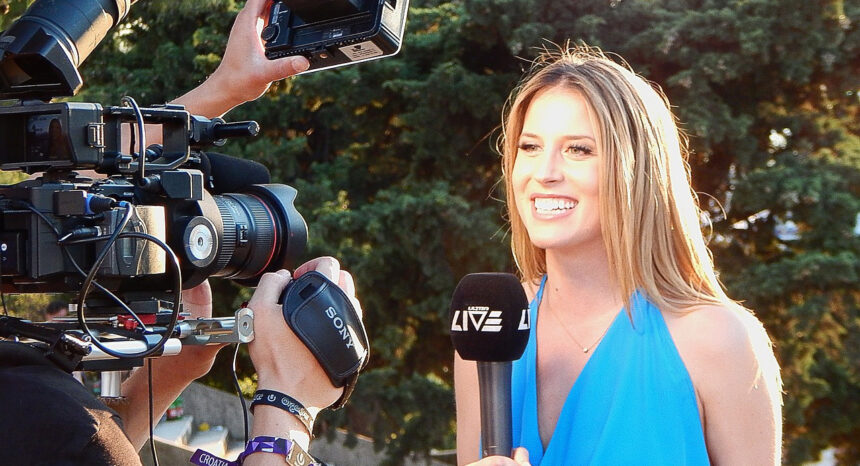It’s common for a news agency to request or require its journalists to use social media to promote their work and help market the company brand. Often, reporters, editors and columnists maintain two or more accounts on social media platforms to try to keep their professional lives separate from their personal ones. In many cases, journalists have a love-hate relationship with social media — they appreciate its value, but also know misuse and mistakes can sideline a career.
Those who have mastered Twitter, Facebook and other sites, however, have significantly elevated their professional profiles. Some journalists have amassed giant followings. For example, CNN anchor Anderson Cooper has nearly 10 million Twitter followers. New York Times columnist Nicholas Kristof has 2.2 million.
Academic scholars have studied the role of company branding and personal branding in journalism. But communication professor Avery E. Holton of The University of Utah and journalism professor Logan Molyneux of Temple University assert that questions about the trend’s impact on journalists’ personal identities were largely left unanswered. These researchers interviewed 41 reporters and editors from various U.S. publications to try to better understand the issue. The resulting academic paper, “Identity Lost? The Personal Impact of Brand Journalism,” was published in 2017 in the journal Journalism.
The study’s key findings include:
- Reporters are increasingly focusing their attention on developing their professional identities on social media rather than their personal identities.
- Reporters have been asked to make changes to the way they present themselves and their content on social media, including adding their news organization’s logo to their social media pages and providing fewer links to news items that were not published by their employers. They also have been asked to help promote events and partnerships that might cast their news agencies in a positive light.
- Reporters struggle with balancing their professional and personal identities online. They “feel pressure to stake a claim on their beat, develop a presence as an expert in their profession and area of coverage, and act as a representative of the news organization at all times. This leaves little room for aspects of personal identity such as family, faith, or friendship to be shared online.”
- Many reporters said they see social media as a way to demonstrate that they are true experts in their field or subject area of coverage, which they think helps differentiate them from wire reporters and other reporters who do not have as much experience and subject-area expertise.
- There still is uncertainty among reporters and editors about acceptable practices on social media, especially as they relate to personal branding and company branding.
- Reporters are being asked to read and respond to social media posts at all times, which they view as an added burden among a long list of job responsibilities.
- Editors said that they are sympathetic to the branding-related demands being placed on reporters but feel “hamstrung” by the policies and expectations of their news organizations. Few said they monitor their reporters’ social media activities but acknowledged that their news agencies “made examples out of individuals who were not falling in line.”
The authors suggest that news organizations may need to reconsider how social media is used for branding, promotion and identity creation. Journalists face choosing between their jobs and personal online identities. “This choice presents a paradox: if journalists choose to present too much of a personal identity, they risk punishment by their employers,” the authors state. “If they present only a professional identity, they risk offending their audiences.”
Related research:
- A 2017 study published in Digital Journalism, “Personal Branding on Twitter: How Employed and Freelance Journalists Stage Themselves on Social Media,” finds that journalists “particularly struggle with being factual or opinionated, being personal or professional, how to balance broadcasting their message with engagement and how to promote themselves strategically.”
- A 2017 study in Journalism Practice, “From ‘Selfies’ to Breaking Tweets: How Journalists Negotiate Personal and Professional Identity on Social Media,” considers factors that influence how journalists present themselves online.
- A 2015 study in Digital Journalism, “Branding (Health) Journalism,” looks at how journalists covering specialty areas such as health are developing personal brands through social media.


Expert Commentary